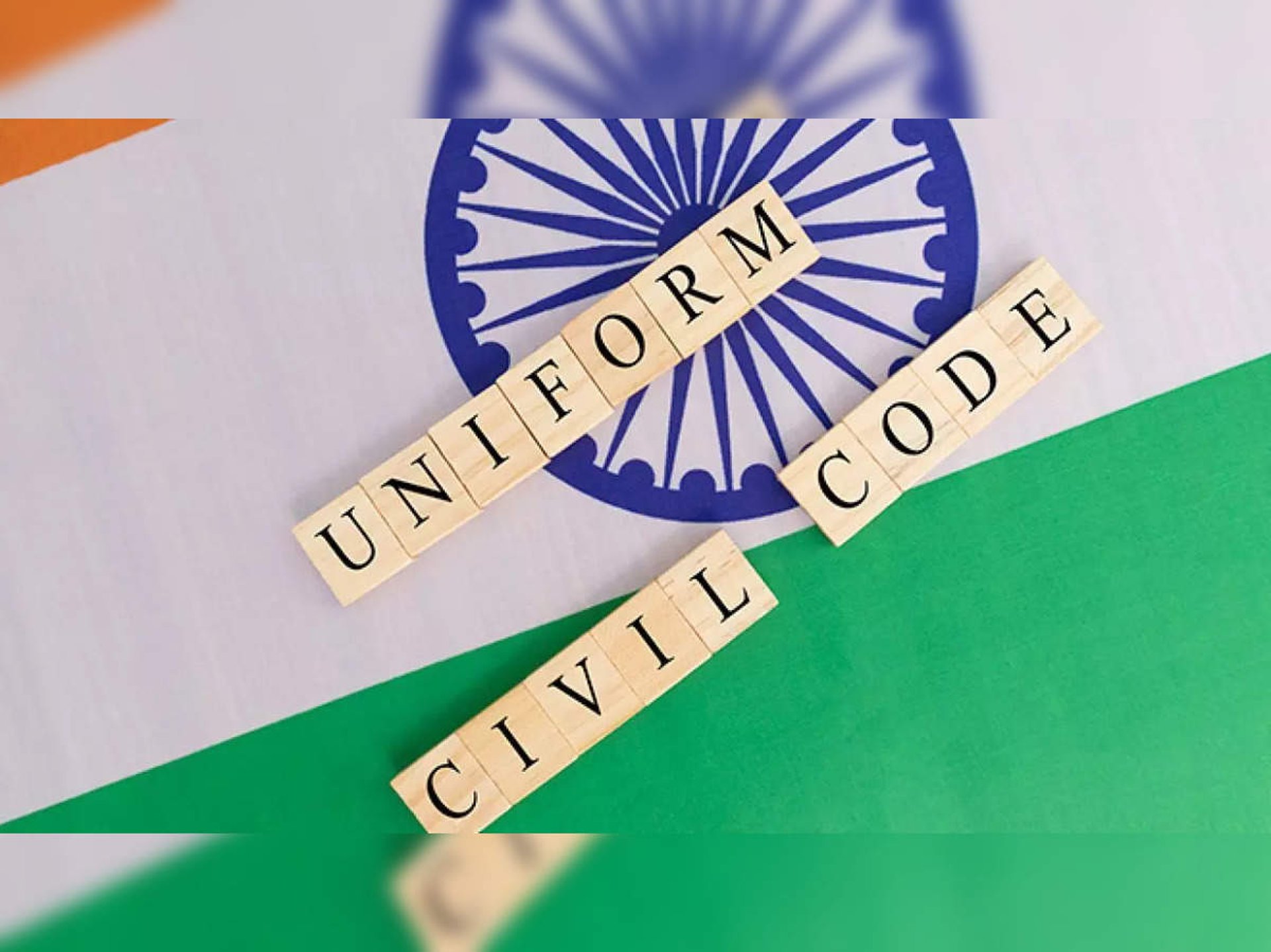
Have you ever wondered what is UNIFORM CIVIL CODE?
A proposal to formulate and implement personal laws of citizens which apply on all citizens equally regardless of their religion, gender and sexual orientation. Presently, in India religious scriptures govern the personal laws of various communities. Personal laws cover marriage, divorce, inheritance, adoption and maintenance, they are different from other public laws in the nation
3/3/20243 min read


As per the Indian Constitution, Article 28 to Article 28, guarantees religious freedom to Indian citizen, while Article 44 of the Directive Principles of State Policy states that, “The state shall endeavor to secure for the citizens a Uniform Civil Code throughout the territory of India.” While the Article 37 also states that the directive principles are guiding principles for government policies and are not enforceable by courts.
It was during the British rule that personal laws were separately framed on basis of religion. Mainly the laws were separated for Hindus and the Muslims. It was only the state of Goa which had common law for all religions. During the British rule, Goa was separated from India due to colonial rule, thus the Portuguese Goa and Daman retained a common family law known as the Goa Civil Code
It was following the Shah Bano case in 1985, Uniform Civil Code emerged as a crucial topic of interest in Indian politics. The question of making certain laws applicable to all citizens without abridging the fundamental right of right to practice religious function arose as a topic of debate. The debate then focused on the Muslim personal laws which were particularly based on the Sharia law. The proposal for Uniform Civil Code was made twice, in November 2019 and March 2020, but both the times it was withdrawn without being introduced in the parliament.
Due to the differences between two political parties, BJP and RSS, the bill is being contemplated.
What will the implementation of Uniform Civil Code do?
If a Uniform Civil Code is enforced in India, all citizens of India, irrespective of their caste, community and belief, would have a common law governing the marriage, divorce, inheritance, adoption and maintenance, succession.
Existing personal laws in India at present
In India matters relating to marriage, divorce, maintenance, adoption, succession, inheritance, guardianship etc. are governed by the personal laws of the respective religious practices. The personal laws in India were implemented during the British rule to avoid the conflict between various religious practices.
Presently, Hindus, Muslims, Jains, Buddishts, Christian, Sikhs, Parsis and Jews are governed by their own personal laws based on religious identity.
Some of them include:
1. The Indian Succession Act,1925
2. The Hindu Marriage Act, 1955
3. Parsi Marriage and Divorce Act, 1936
4. The Indian Christian Marriage ACT,1872
5. The Indian Divorce Act, 1869
6. The Child Marriage Restraint Act, 1929
7. Foreign Marriage Act, 1969
8. The Kazi Act, 1880
9. The Anand Marriage Act, 1909
As per the above mentioned laws, the rights of women and men are different for each other. In the Hindu law the daughters has an equal right on her father’s property, while as per the Muslim law the daughters has half share of the sons.
In the same manner as per Hindi laws men are to have only one wife at a time, if he gets married second time while the first marriage is still in existence then the second marriage is void and he may be charged for bigamy. On the other hand, as per Muslim laws, a Muslim man can have four wives at one time.
Views on implementation of Uniform Civil Code in India
It is believed that since India is a country with many religions, customs and practices, Uniform Civil Code will help in integrating India more than it has been since Independence. The condition of women will be improved in India as religious personal laws are misogynistic in nature.
The implementation of Uniform Civil code will promote real secularism as it will treat every citizen equally and not on basis of religion. Many provisions of personal laws are in violation of human rights. It will help reduce the vote bank politics that most political parties indulge in during every election.
The codification and unification of the personal laws will provide a better legal system. The existing confusion will be thus reduced and more efficient administration of laws by the judiciary will be achieved.
Need for Change
India is a mixture of people believing in different religions. It’s a blend of personal laws of Hindus, Muslims, Christian, Jains, Parsis and Jews. There is no same for all the religion in the matters of marriage, divorce, adoption and maintenance, inheritance etc. Thus, it is believed that by accepting the Uniform Civil Code, India’s nationhood will get strengthened.
So it is suggested to consider implementation of Uniform Civil Code from the point of changing the current state of the nation and doing well for its citizens and not to make it a political issue. It is a needed change for treating each human person with dignity.
Uniform Civil Code resonates with one country one rule, to be applied to all religious communities.
